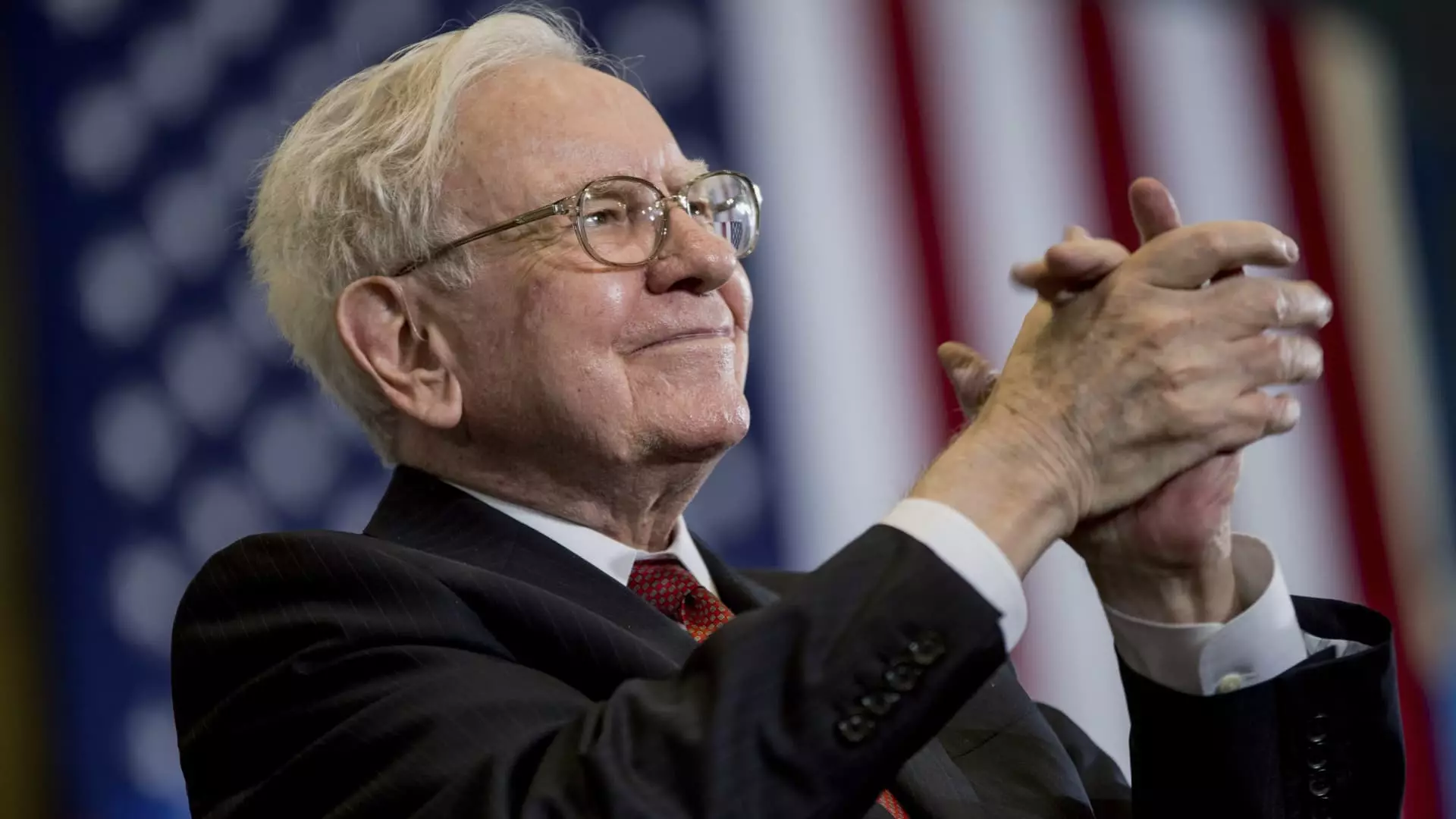Larry Swedroe, a respected figure in the investment industry, has raised questions about the effectiveness of Warren Buffett’s investment style in today’s market environment. Swedroe argues that the influx of professional Wall Street firms and hedge funds has changed the landscape of investing, making Buffett’s traditional approach less viable.
While Warren Buffett has long been praised as a legendary stock picker, Swedroe challenges this notion by pointing to academic research that suggests Buffett may not have been as exceptional at stock selection as commonly believed. Instead, Swedroe highlights Buffett’s early recognition of key factors that could lead to superior returns, setting him apart from other investors.
Swedroe advocates for the use of index funds as a way for investors to emulate Buffett’s performance. By investing in a portfolio of stocks that exhibit similar characteristics to those favored by Buffett, investors can potentially achieve comparable returns without the need for active stock picking. Swedroe recommends utilizing ETFs or mutual funds offered by various companies that apply academic research to construct their portfolios.
The Role of Momentum Trading
In addition to index funds, Swedroe sees momentum trading as a valuable strategy for investors. He emphasizes the systematic nature of momentum trading, which can be executed using computer algorithms at a fraction of the cost of traditional active management. Swedroe believes that momentum has demonstrated long-term effectiveness, although there may be periods of underperformance.
A Cautionary Tale for Investors
Swedroe’s insights are reflected in his latest book, where he draws parallels between the stock market and sports betting. He warns investors about the pitfalls of frequent trading and excessive reliance on active managers, whom he likens to bookies seeking to profit from investors’ transactions. Swedroe argues that the more investors engage in active trading, the more likely they are to underperform due to higher expenses and taxes.
Swedroe also highlights the danger of emotional investing, particularly among retail investors who often struggle with stock picking and market timing. He notes that emotional investors tend to fare poorly compared to the funds they invest in, as they are susceptible to making costly mistakes driven by fear and greed. Swedroe suggests that active managers capitalize on emotional investors to generate profits, despite the slim odds of consistently outperforming the market.
Swedroe’s critique of Warren Buffett’s investment style serves as a reminder of the evolving nature of the financial markets. By challenging traditional approaches to investing and promoting a more systematic and disciplined strategy, Swedroe aims to help investors navigate the complexities of the market with greater confidence and success.


Leave a Reply